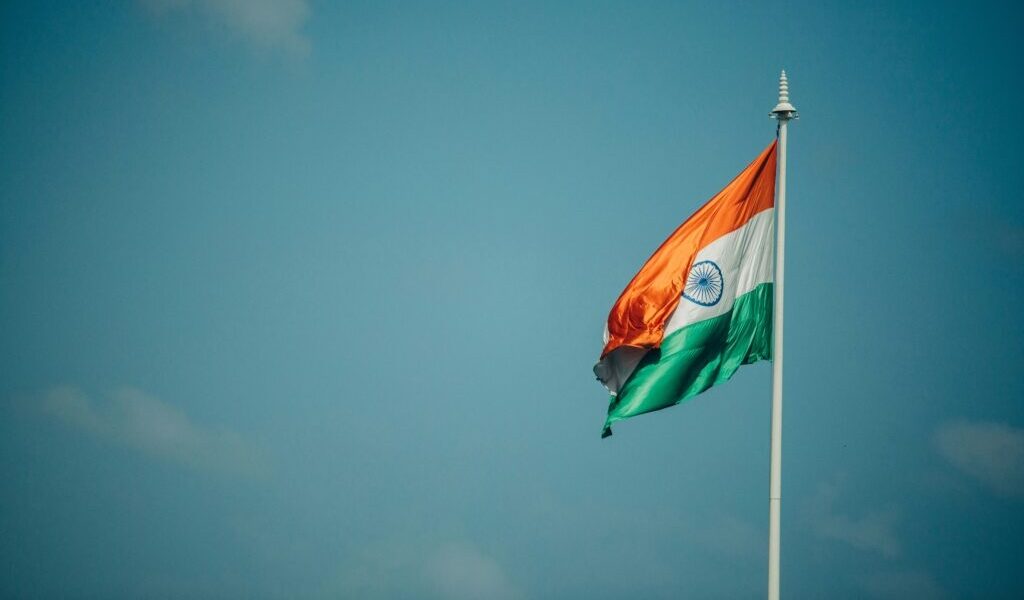Hailing India’s growth story, External Affairs Minister S Jaishankar said on Thursday that it is important that Japan today appreciate the pace of change in India.
Jaishankar, who is in Japan on a three-day visit from March 6-8, participated in the first Raisina Roundtable in Tokyo today.
Addressing the event there, the EAM said, “I think it is important that Japan today appreciates the pace of change in India. This is a country today which is building 28 kms of highway everyday, which is creating 8 new airports every year, which is establishing one and half- to two metros every year, which has for the last 10 years built two new colleges everyday…”
Emphasising India’s flourishing growth, Jaishankar said that “This transformation of India makes us a more effective and credible partner, whether it is ease of doing business, ease of living, digital delivery, startup and innovation culture or shaping the international agenda, India is clearly a very different country today.”
He said India is working on major corridors today, both to its east and west.
“They include the IMAC (India Middle East-Europe Corridor) initiative through the Arabian peninsula and the international north-south transport corridor and towards east the trilateral highway…these corridors when completed will connect the Atlantic to the Pacific through Asia. Two nations (India and Japan) have converging views about the need for transparent and collaborative connectivity,” Jaishankar said at the Raisina Roundtable organised by the Observer Research Foundation (ORF) in Tokyo.
The External Affairs Minister also spoke at length on Global South and underlined that India is conscious of the responsibility.
“As the voice of the global south, India is conscious of the responsibility, our development efforts today spans 78 nations across different continents, can India and Japan coordinate in regards to their developmental systems?…maritime safety and security have become particularly pressing concerns.”
“We can see that at the Red Sea, we had first casualties…it is also necessary to strengthen our defence capabilities for the benefit of the larger region…” Jaishankar asserted.
The Houthis have been carrying out attacks on commercial and military shipping in Red Sea since November, halting global trade route. The Houthis initially said that they would target Israel-linked ships in a show of solidarity with Palestinians in Gaza, but later expanded their targets to include vessels linked to the United Kingdom and the US.
Jaishankar is notably on a visit to Japan from March 6-8. Before this, he visited South Korea, where he met the top leaders during his stay.
He is in Japan for the 16th India-Japan Foreign Minister’s Strategic Dialogue with his Japanese counterpart, Yoko Kamikawa.
The two ministers are expected to discuss issues of bilateral, regional and global importance, and exchange views on cooperation for a free, open, inclusive, peaceful and prosperous Indo-Pacific, according to MEA.
Earlier today, Jaishankar said the overall balance should remain in favour of freedom, openness, and rules-based order. “As to powers that are so central to multipolarity in Asia, it is also in our common interest that the overall balance remains in favour of the freedom, openness, transparency, and rules-based order,” he said.
“The world will watch how we will support each other in the shared goal through various relationships and initiatives…” the EAM noted.
He also asserted how “new balances are being sorted and occasionally achieved.”
“This session is about how India and Japan, who enjoy special a special strategic and global partnership, intent to meet the challenges facing the global order. There are many aspects to this subject…,” Jaishankar said.


